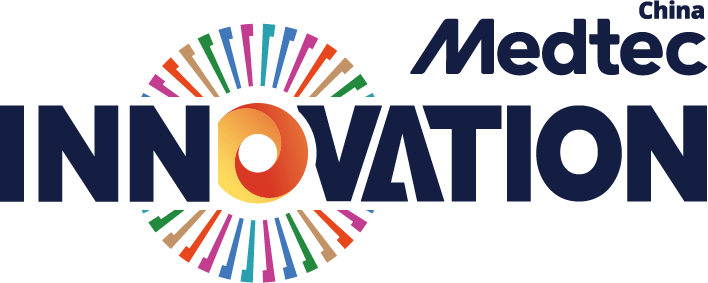What’s Trending in the World of Medtech Materials

Klein spoke ahead of the show about what participants can expect from the panel. (Editor’s note: Responses are from Klein’s personal perspective as a medical materials engineer, and not as an official representative of AtriCure or SPE.)
MD+DI: Tell us a little bit about the panel – we’re talking about materials for medical technologies. Can you discuss who’s on the panel and what they bring to the table in terms of their specialties?
Klein: I will be moderating the first session of the 2-day Informa and SPE MPD MiniTec on Medical Plastics. The first session is “Enabling Materials for Medical Device Technology.” We have three superb industry representatives from leading medical resin suppliers: Dr. Ethan McCarthy from Evonik, Dr. Andre Martinez from DSM Biomedical, and Jason Lee from Celanese. These three will cover recent innovations in polymeric resins: Resorbable Composite Implants from Evonik, Polyurethane Resins for Glucose Limiting Membranes from DSM, and Vectra and Zenite LCP for Connectivity Solutions from Celanese. These three are leaders in their field for new resin development and it should be very exciting to hear about their innovative technologies.
MD+DI: What are some of the current trends that you see in medical device materials. I know there isn’t a one-size-fits-all to this – but what are some of the “hot” or popular materials being used for devices right now?
Klein: It depends on which functionality is important to the medical device of interest. There have been impressive products released over the last few years in the areas of implantable and biodegradable resins; low friction resins; high stiffness composites; tissue scaffold materials; and resins designed for specific thermal or electrical requirements. Also of course we are starting to see more 3D-printed implantable materials, and resins designed and manufactured for sustainability. But those last two categories still face many headwinds for healthcare and are not widely adopted.
MD+DI: Do we see any supply chain issues impacting availability of materials? Is there one material that is scarce right now because of supply chain issues?
Klein: In terms of plastic and polymer resins, yes of course the last few years have been very painful from a supply chain perspective. To my knowledge, most of the immediate supply issues have been resolved, but 2021 and 2022 were very tough. We saw force majeures and supply allocations for some grades of Nylon, PBT, PET, PC, ABS, POM, PE, glass-filled resins, and hot melt adhesives, among others.
MD+DI: Finally, what do you hope participants will take home from this session?
Klein: This session, along with the other sessions in our 2-day event, will provide participants with an excellent understanding of recent innovations in medical plastics. They also provide an awesome cross-section of key industry representatives. Including from resin suppliers such as Evonik, DSM, Celanese, Covestro, EMS-Grivory, Sabic, Lubrizol, and others; from manufacturers and equipment suppliers such as Isometric Micro Molding, Accumold, Westfall Technik, Teel Plastics, Leistritz, IGS GeboJagema, Arburg; and many other leaders throughout the medical industry.
Article Source: MDDI










